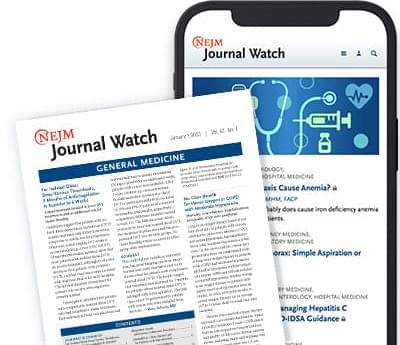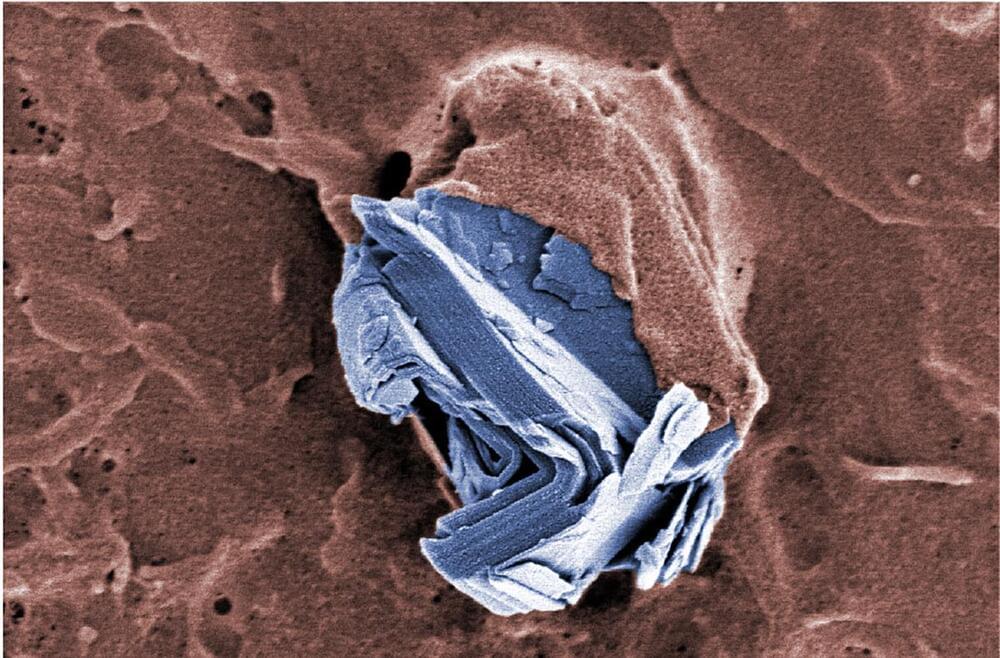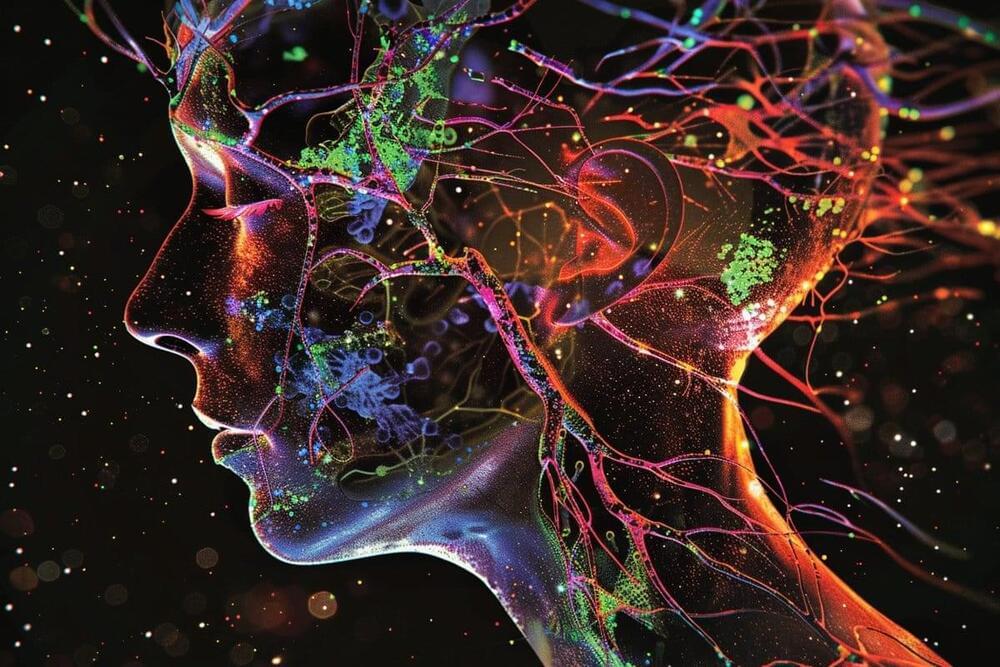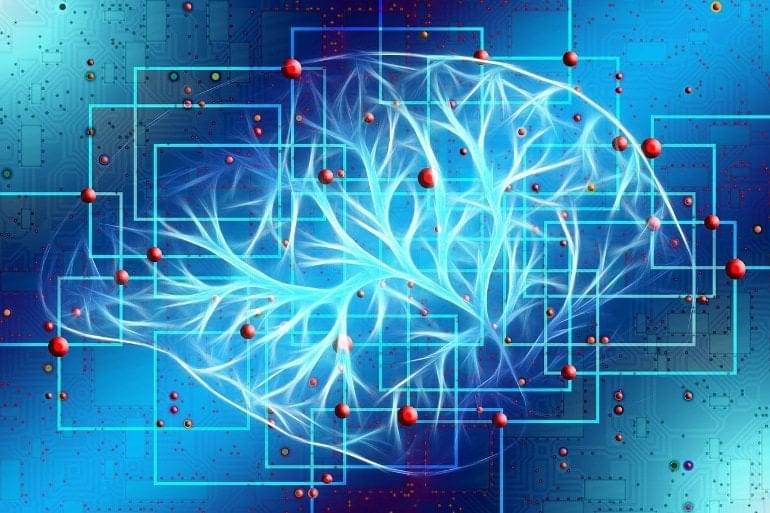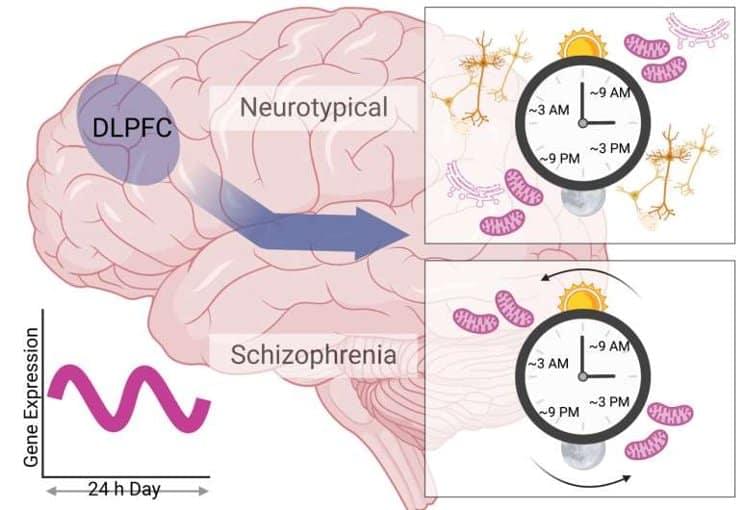Feb 26, 2024
Risk Factors for Young-Onset Dementia
Posted by Shubham Ghosh Roy in categories: biotech/medical, education, genetics, neuroscience
Investigators identified 15 factors that affect risk for young-onset dementia.
Limited data are available on risk factors for young-onset dementia. In this study, researchers assessed 39 potential risk factors for young-onset dementia from data in the UK Biobank. Participants 65 years of age or older without a dementia diagnosis were included in the analysis. Potential risk factors were grouped into sociodemographic factors, genetic factors, lifestyle factors, environmental factors, blood marker factors, cardiometabolic factors, psychiatric factors, and other risk factors.
Among 359,052 participants, the mean age at baseline was 55 years and 55% were women. There were 485 incident all-cause young-onset dementia cases after a mean follow-up of 8 years. Incident young-onset dementia increased with age and was more common in men. Fewer years of formal education, lower socioeconomic status, the presence of two apolipoprotein E ℇ4 alleles, no alcohol use, alcohol use disorder, social isolation, vitamin D deficiency (1 mg/dL), lower handgrip strength, hearing impairment, orthostatic hypotension, stroke, diabetes, heart disease, and depression were associated with higher risk for young-onset dementia in fully adjusted models. Men with diabetes were more likely to have young-onset dementia than men without diabetes, and women with high C-reactive protein were more likely to have young-onset dementia than women with low C-reactive protein levels.
